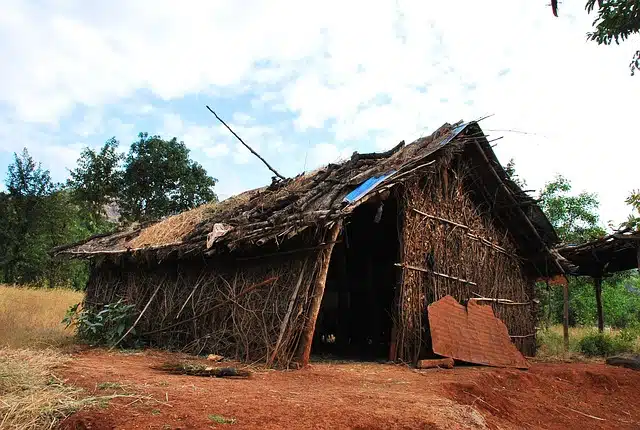
Precariousness is a characteristic of that which is unsafe or unstable.
Precariousness is the precarious condition (that which lacks resources , is not very stable or is not in a position to sustain itself over time). For example: "Many people still live in precarious conditions" , "I am worried about the precariousness of this train: will it be safe?" , «Job insecurity is one of the great problems of this country» .
Precariousness can refer to the material characteristics of something . A home that has a dirt floor, wooden walls and a tin roof can be classified as precarious, since it does not provide security or the basic comforts that a house is supposed to have. In a similar sense, a car with broken windows and a hole in the body can also be marked as precarious.
Job insecurity
In the field of work , precariousness is linked to the lack of security and guarantees for the employee. In theory, labor relations are governed by laws that ensure certain rights to the worker. When the work is informal ( "in black" ), on the other hand, the person lacks that containment or support, which is why they begin to suffer from precariousness.
Job insecurity , therefore, can imply a salary that does not meet the essential needs of the individual; working conditions that put health at risk; working hours that exceed the hours permitted by law; and the latent possibility of losing your job without receiving any compensation.
An example of precariousness in the workplace is found in textile workers who sleep in the same place where they sew or weave. These people charge an alarming amount for each finished garment and are also forced to work up to twelve hours a day, without having a bonus, social work or retirement contributions.

Precariousness is usually associated with poverty.
The impact on health
In a developed society , the salary is intended to cover many more needs than simple survival at a biological level (a goal that is achieved through decent housing , clothing and food, for example), but rather aims to allow access to a life with opportunities to study, interact with other people, travel and be entertained. This leads us to the importance of working conditions for the emotional balance of workers.
Victims of job insecurity are very prone to suffering from mental illnesses , in the same way that they tend to suffer from physical health problems, all due to the lack of stability to which their jobs subject them. The behavior in society of an employee who suffers from this uncertainty is altered by the insecurity generated by not having a job that satisfies their basic needs .
Victims of job insecurity
Even in the stages of our life in which we cannot access the job of our dreams, human beings come to identify with our job given the assiduity with which permanent work is usually carried out and the importance it has for us, for being the source of money we use to feed ourselves and pay for our housing. For many people, the office is a second home, regardless of how much enjoyment it brings.
If there is a constant and silent threat that the job will disappear, this has a negative impact on the perception of our own identity ; Uncertainty about monetary income leads to a lack of self-esteem and the desire to move forward. In short, job insecurity is a form of contempt and abuse: those who practice it force their employees to endure treatment that could be compared to torture extended over time. Victims, on the other hand, may feel that there is no way out, that they have no better alternative.
